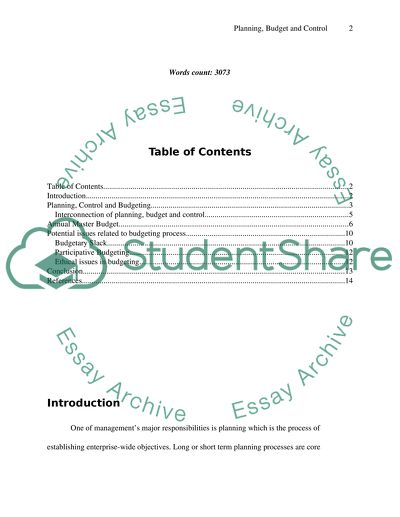Cite this document
(“The various activities within a company should be coordinated by the Essay”, n.d.)
Retrieved from https://studentshare.org/finance-accounting/1465785-ypthe-various-activities-within-a-company-should
Retrieved from https://studentshare.org/finance-accounting/1465785-ypthe-various-activities-within-a-company-should
(The Various Activities Within a Company Should Be Coordinated by the Essay)
https://studentshare.org/finance-accounting/1465785-ypthe-various-activities-within-a-company-should.
https://studentshare.org/finance-accounting/1465785-ypthe-various-activities-within-a-company-should.
“The Various Activities Within a Company Should Be Coordinated by the Essay”, n.d. https://studentshare.org/finance-accounting/1465785-ypthe-various-activities-within-a-company-should.


